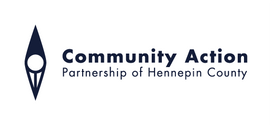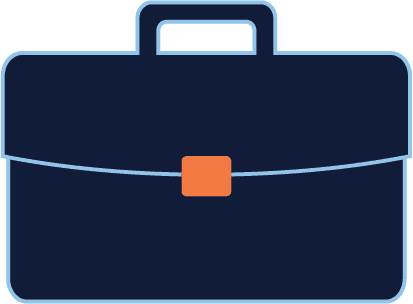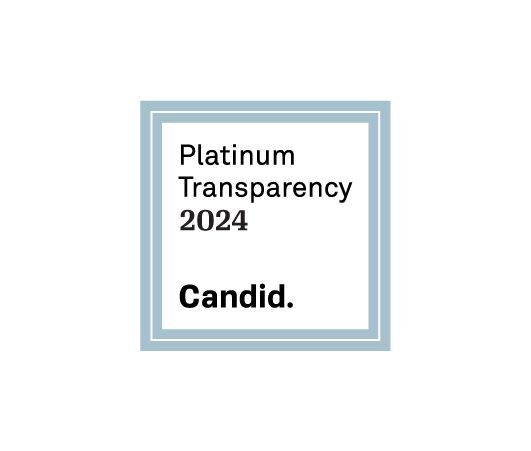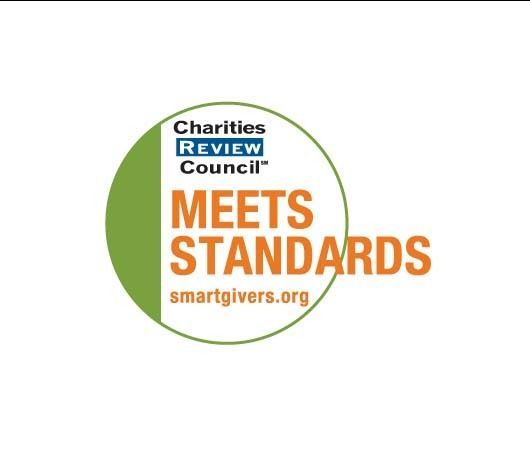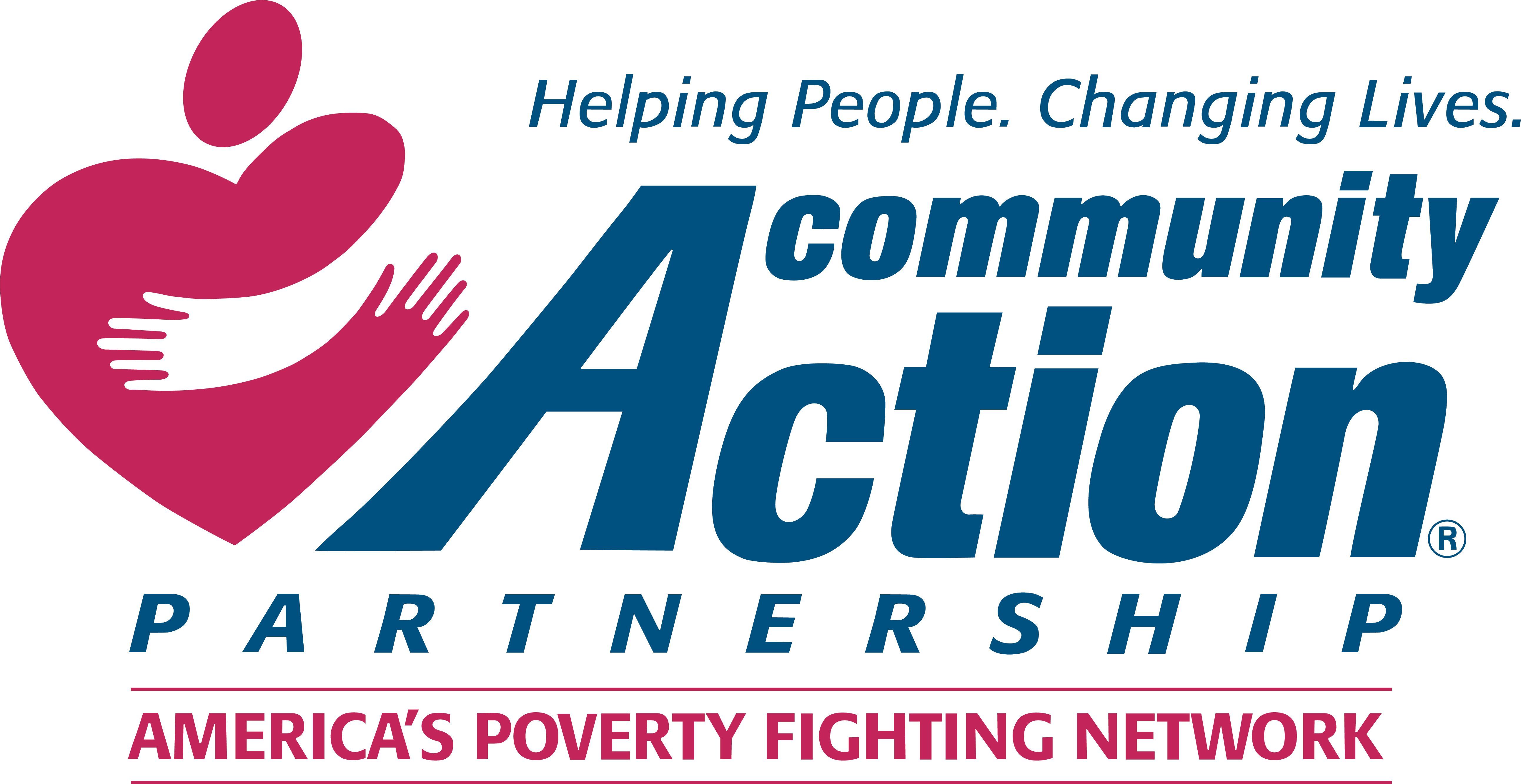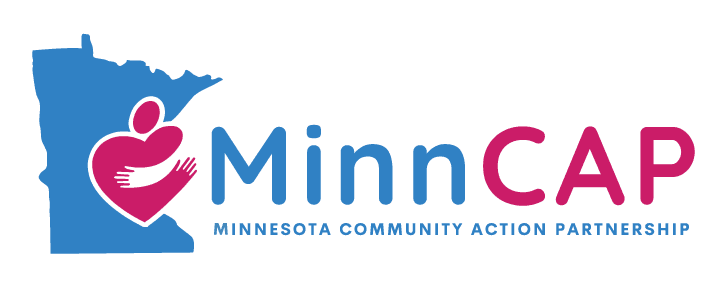
April isn’t just Tax Time—it’s also Financial Capability Month! First designated as Financial Literacy Month in 2004, Financial Capability Month is a time to focus on the importance of being financially capable and ensure that people have access to unbiased and trustworthy financial education. Knowing that financial stability can lead to long-term prosperity, CAP-HC has 5 tips we want everyone to know for Financial Capability Month and beyond.
- Using a monthly budget helps build financial stability, minimize debt, and maximize savings. Base your budget on your income, expenses, and savings goals, and set guidelines for flexible expenses like dining out, entertainment, or travel. A common guideline is to spend 50% of your income on needs, 30% on wants, and 20% on savings and debt repayment. Try not to rely on a credit card if a shortfall occurs. Instead, try adjusting your budget or tapping into emergency savings (see tip #4) to cover expenses. Then do your best to get back on track with your budget next month.
If you’re not using a budget already, download our Budget Worksheet to get started.
- Be aware of your spending habits by reviewing purchases each month. If you notice expenditures not aligned with your budget, small adjustments can make a big difference. For example, if you are buying a daily coffee or dining out more than cooking at home, you may be able to increase your emergency savings by getting coffee at your favorite shop as a special treat instead of daily or by cooking one more meal at home each week.
- Pay yourself first. Set a savings goal for yourself and treat it like any other bill by making regular payments toward it. One easy way to make your monthly savings goal is to set up automatic transactions. Make automatic deposits into a savings account or automatic transfers from your checking account into a savings account. Many banks provide online tools for these types of transactions. If you’re not sure where to start, talk to a representative at your bank.
- Build your savings to cover emergency expenses. Unexpected expenses that aren’t part of your budget will happen. When they do, having savings can help you cover these costs without relying on credit. A good guideline is to have savings equal to six months of your monthly income. If this seems challenging, remember that you get to set your savings goals. It’s ok to start with a small goal and build from there using tips 1-3.
- Plan for large purchases by adjusting your budget and/or savings goals. Know you need a new car soon? Planning a family vacation next summer? Estimate the cost for those expenses and incorporate them into your budget. If possible, keep savings for planned purchases separate from your savings for unplanned expenses. If your current income won’t cover everything, readjust your planned expenses, your budget, and/or consider employment options that will increase your income such as additional hours or seeking a part-time job.
These are a handful of tips that can help you stabilize and build toward prosperity. Are you ready to learn more? CAP-HC has FREE Financial Wellness Workshops on a regular basis that cover topics such as money management, understanding credit, and more. Learn more and register today on our Financial Wellness page. Free Financial Wellness Counseling is also available for Hennepin County residents.
These 5 financial wellness tips were adapted from TDECU's 25 Tips to Achieve Financial Wellness in 2023.
